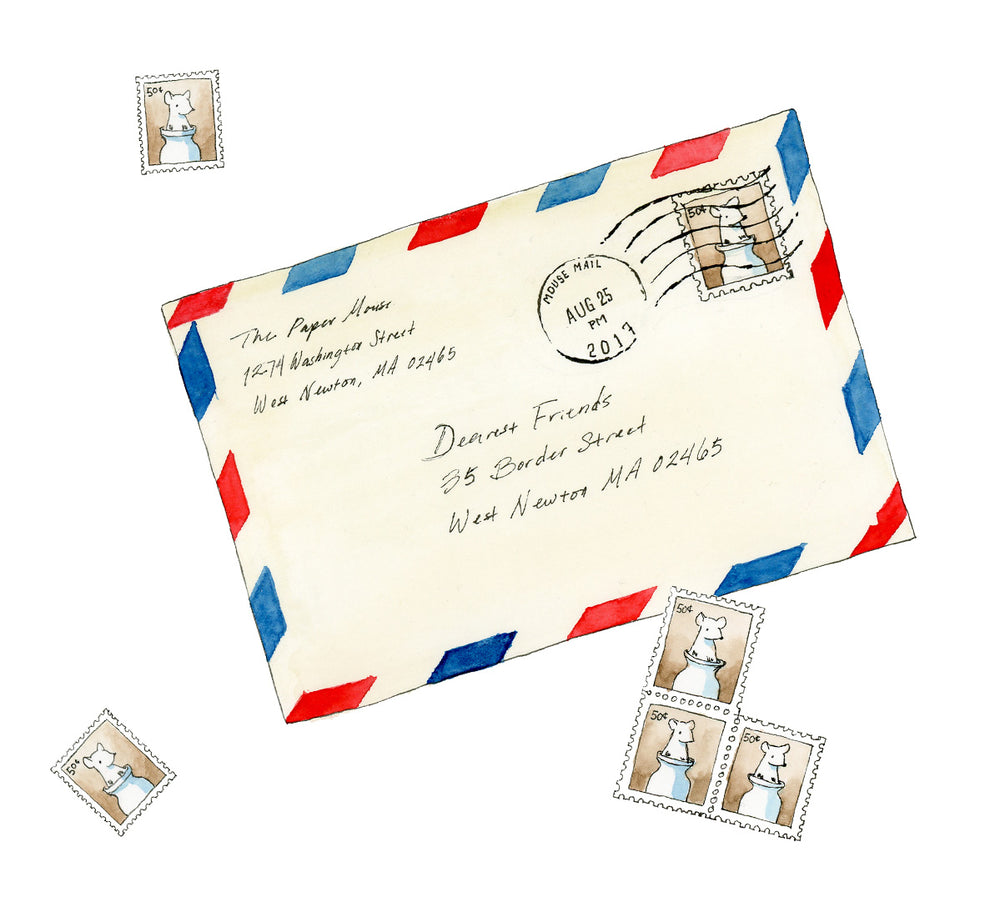Coping with COVID: Some Tools for Reflection

Do you remember the very beginning of the coronavirus pandemic? When it first began to impact our lives, there was a great deal of novelty in the situation. It wasn’t a fun or happy time, but there was a sense of hunkering down, of preparing, of adjusting, and there was a kind of excitement in all the bustle as we felt our known capacities shift and expand. We kicked into survival mode, scouring grocery shelves for non-perishables and clorox wipes, preparing study plans for our kids, MacGyvering home office setups. We discovered Zoom. We checked our temperatures often, both physically and emotionally. We called everyone we knew, trying collectively to make sense of what was happening, as we dealt with a host of new emotions: anxieties about touching surfaces, longings for physical proximity, fears about scarcity, about making ends meet, about illness and dying.
A year later, it’s hard to recall that raw frenzy of feelings. Things are quieter now. Though we may be fatigued, bored, and missing our old way of life, we’ve adjusted to this reality. But our stresses and anxieties have not gone away, and we’re still looking for ways to cope with those emotions. There are times when we want to dissect how we’re feeling, times when we want to escape into a different reality, times when we feel normal and cheerful, times when we feel downright depressed. Many of us are grieving the loss of loved ones, or the losses of our jobs, routines, comforts, and sense of security. For others the pandemic has had a relatively small impact or has even had positive effects. There’s no one way to feel about this unprecedented situation, no rule book saying we must handle it in a certain way.
Particularly around this one-year anniversary, as we are reminded of how much time has passed, many of us are dealing with strong emotions. For those who are inclined to explore their feelings at this moment, we have some recommendations for tools that can help.
Tools for reflecting with others
Though the pandemic has affected everyone’s lives differently, it’s also a rare universal experience that we’ve shared with everyone around us. Discussing our experiences with other people is one of our biggest aids in making sense of difficult emotions, whether we’re talking to a therapist, a mentor, or a friend.
- Digital Connections Prompt Cards These cards have prompts to help you start deep and authentic conversations, even when you’re not in the same physical space.
- Letter Writing Paper Writing out our thoughts to someone we love and trust often helps us see our experiences in a new light.
Tools for private reflection
If you prefer to work through your feelings in private, a journal is a time-honored tool for personal reflection. If you aren’t naturally inclined to keep a journal, though, it can be helpful to use one that provides a little bit of guidance or structure.
- Grow Daily Journal This is a structured journal designed to help you get started, with prompts and formatting that make it easier to record your thoughts.
- Clear Habit Journal The Clear Habit journal has habit tracker charts that help you see your daily systems more clearly. If you’re having trouble sticking with routines these days, this tool might help.
- The 52 Lists Project An alternative to a traditional journal, this one helps you focus on different kinds of goals and reflections by making themed lists.
Tools for reflecting on the present and the future
Two helpful practices for putting our anxieties into perspective are reflecting on the present and formulating big-picture hopes for the future. When we’re anxious, we get so caught up in all our fears that we forget what’s actually happening in the present or we imagine only doom and gloom to come. Focusing on the present and building a positive vision of the future can help us combat our anxieties.
- A Sloth’s Guide to Mindfulness This is a cute, approachable, and wise little guide full of meditation and reflection practices to help you stay present.
- Emotional Barometer Card Set Another tool for staying present, the Emotional Barometer helps you pinpoint difficult emotions and check in with what you’re feeling at any given moment.
- Letters to my Future Self Part time capsule, part journal, Letters to my Future Self is a nice opportunity to focus on what we want for ourselves later in life.



Leave a comment